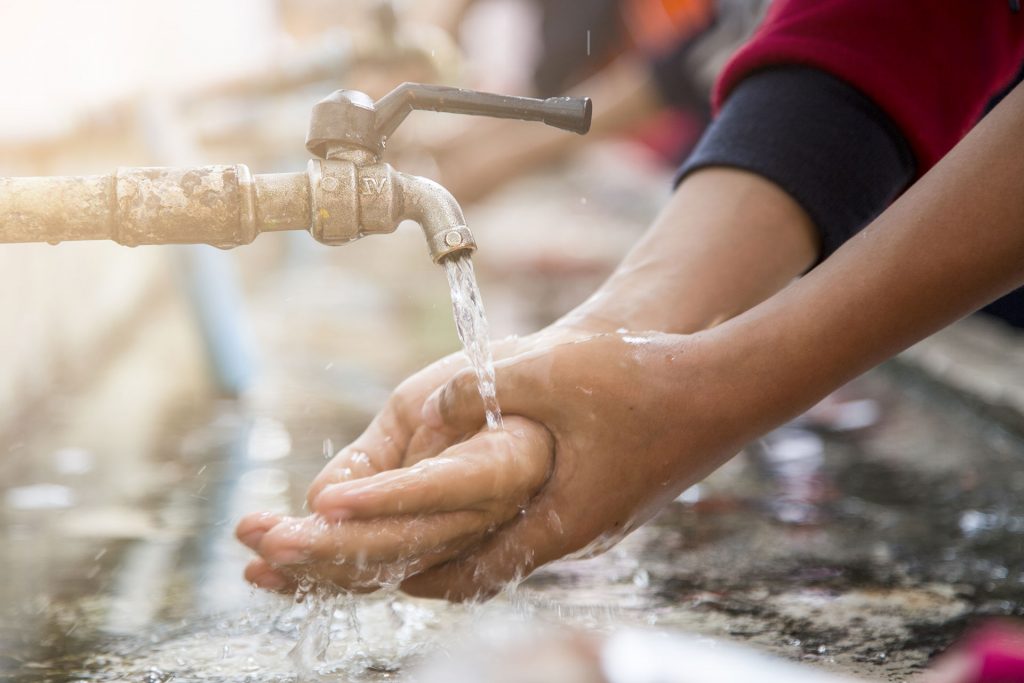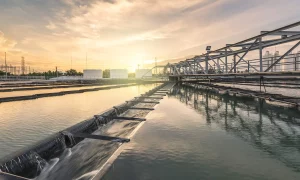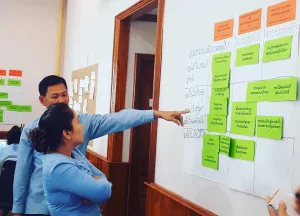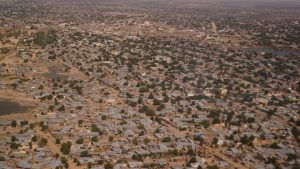heading
PROJECT: ACCOUNTABILITY FOR SUSTAINABILITYWASH in Schools
How can schools open up safely after having been closed due to Covid-19? SIWI is collaborating with UNICEF’s regional offices in Latin America & the Caribbean and the Middle East & North Africa to ensure a safe return to school.

School closings around the world in response to the Covid-19 pandemic have put children’s education and well-being at risk. But when schools are opening again, it must be done in a safe manner, with sufficient access to water and sanitation, to prevent a new wave of infections. Governments need to accelerate progress to ensure that all schools can provide basic water, sanitation, and hygiene services.
To address these concerns, SIWI has partnered with UNICEF’s regional offices for Latin America & Caribbean and the Middle East & North Africa respectively. Based on UNICEF’s Safe School Reopening Guidelines, we have mapped the measures taken in 19 countries and created a framework to help schools resume operations in a safe manner.
The challenge
The Covid-19 pandemic has highlighted the need for safe WASH infrastructure and services in schools. It is important that these have a gender focus and that they are resilient also to future health crises and climate risks.
Every child has the right to a quality education, which includes access to drinking water, sanitation and hygiene services while at school. Children spend a significant portion of their day at school where WASH services can impact student learning, health, and dignity, particularly for girls. No child should die or become ill because of attending a school where contaminated water is drunk, where they are exposed to other people’s excrement, or where there is no adequate place to wash their hands. Moreover, no girl should drop out of school because of a lack of menstrual hygiene management.
Having access to WASH is essential to achieving the Sustainable Development Goals, especially targets 4.a, 6.1, 6.2; it can be considered key components of a ‘safe, non-violent, inclusive and effective learning environment’ and of universal WASH access, also outside of the home. There are important synergies between SDG 6 on water and sanitation and SDG 13 on climate change, which is causing increasingly frequent and severe extreme weather events such as floods, storms, and droughts. The Sendai Framework on Disaster Risk Reduction emphasizes the importance of strengthening the disaster resilience of water infrastructure and Priority 4.
Our approach
Countries need to invest in resilient WASH services in schools to improve children’s health, as well as their educational success and future earnings prospects. National governments should provide leadership to meet the objectives of the 2030 Agenda on Sustainable Development. It is necessary to create an enabling environment with a normative and institutional framework around WASH in schools.
Getting there will require adequate policies, strong monitoring systems, and appropriate standards, which can be achieved through efficient planning and coordination of sufficient resources. SIWI, in partnership with UNICEF, and other partners, supports countries in this endeavour in different ways:
- Evidence and knowledge generation. To make sound choices about WASH in schools, governments require the best possible evidence. Our goal is to develop relevant research studies, knowledge products and training materials that help decision-makers advance WASH in school agendas.
- Processes for a safe return to school. To help schools, SIWI and UNICEF have developed a framework based on UNICEF’s and UNESCO’s Safe school reopening guidelines. Furthermore, SIWI and UNICEF have analyzed the different WASH measures implemented in 19 countries for a safe return to schools after Covid-19 lockdowns.
- Strengthening WASH in school systems. The bottleneck analysis tool and approach (WASH BAT) can be used to make the provision of drinking water and sanitation in schools more sustainable.
SIWI offers training on the tool so it can be used to eliminate barriers to adequate services provision. The WASH BAT tool has recently added criteria for identifying bottlenecks related to mitigation and adaptation to climate change in the sector, and more specifically for WASH in schools.




